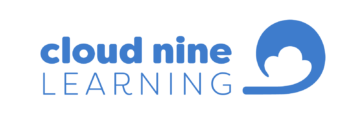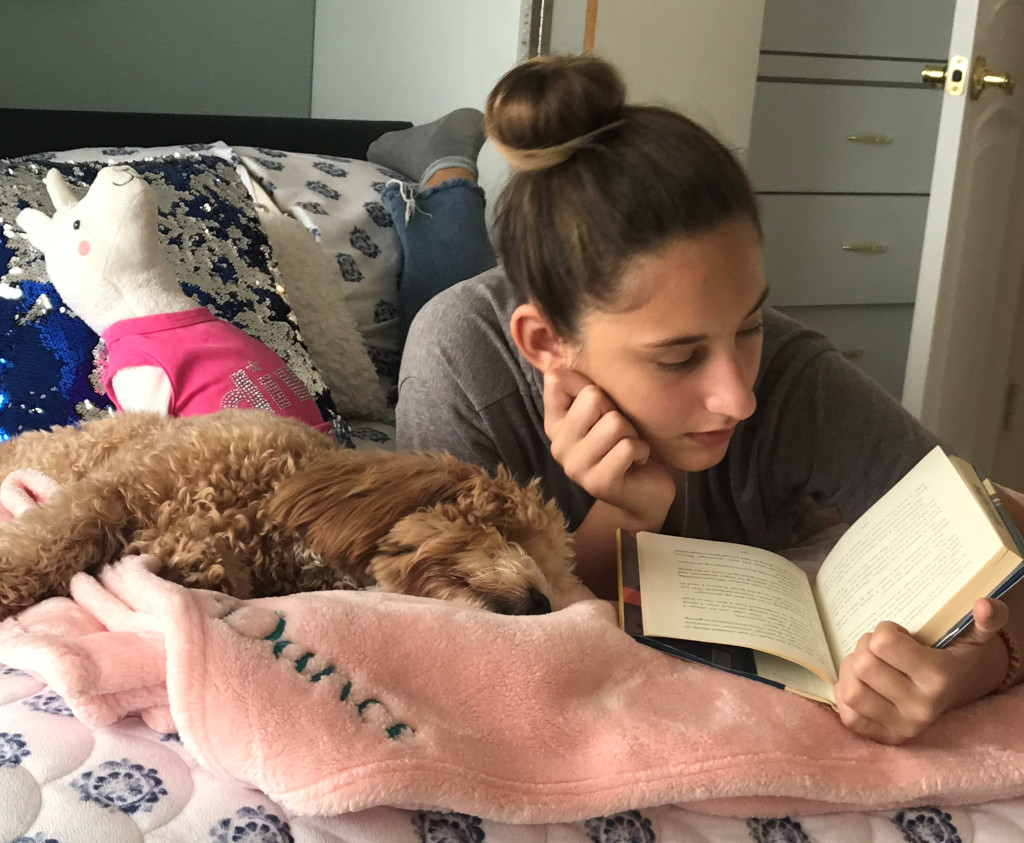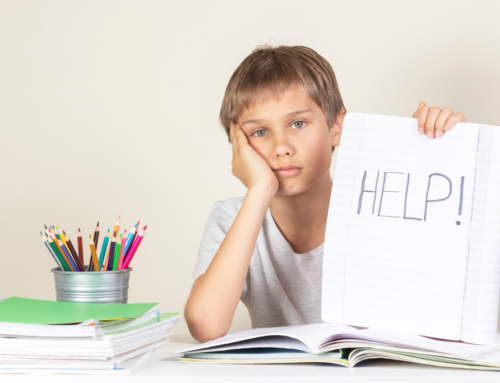Dear Reluctant Homeschooler,
By Sharon Hillestad
I was in your situation about 40 years ago when I made a life changing decision that I would educate my own three children. I did full-time homeschool for only six years. But I have been a consultant for homeschooling families for over four decades. I deliver assessment testing, recommend curriculum and sometimes even assist parents by providing instruction.
Online school through a school district is not technically a homeschool. The public school district is responsible and it is in control. If you wish to take over the responsibility and control, and you follow a few legal requirements—now you have a homeschool.
What to do first.
Call your local school district and request information on how to register your student as a homeschooler. You can also just google the name of your school district and the word homeschool. In my district, the first thing that comes up is the homeschool department for our district where parents can get the exact information on how to register.
Each district determines the policy for homeschool families.
In Pinellas County, parents are required to have a third-party evaluation to verify academic progress once a year. Then a report is sent to the school district. Prior to the pandemic, public schools often allowed homeschool students to participate in sports or band and even take some classes. Hopefully things will get back to normal soon.
Alternatively, connect with an Umbrella School.
I know several families who receive guidance and curriculum from established private schools or tutoring services.This is a paid for service. Since the umbrella school assumes some responsibility for the student, they usually request monthly or even weekly reports. If your student is registered with an umbrella school, you do not need to inform the school district or send in yearly reports. Umbrella schools are great for parents who need that additional support.
For families who are confident and like complete flexibility in their child’s education, registering with the school directly is best.
Many families register with their school district and determine their child’s program for themselves. They determine the best curriculum to meet the particular needs of their student. Major and minor religions all have curriculum created for homeschoolers. This curriculum is usually better, in my opinion, than what the public school teachers have to work with.
There are homeschool organizations of every size and description.
Whether your child is enrolled in an online district virtual school, an umbrella school or directly with the school district as a homeschooler, they can benefit from homeschool classes that are provided. In our area, one homeschool co-op offers art classes, science classes and classes in many other areas once a week. This allows kids to socialize and parents to benefit from the expertise of professionals at a much reduced cost. In Washington state, these types of activities are offered to homeschool families at no cost.
When I and hundreds of other families were homeschooling forty years ago, we had few sources of support or curriculum. However, we did have John Holt, educator and author. He wrote Growing Without Schooling, a newsletter that was sent to homeschoolers all over the United States. Families sent letters to John Holt describing their adventures in home education. These newsletters are a rich source of information that is still meaningful for today’s Homeschoolers. Just google Growing Without Schooling and download the letters.
There is an online group, BLUE COLLAR HOMESCHOOLERS, where parents can communicate with other parents. These parents are not enamored with getting their students into college. They want practical curriculum and real-life skills. It is a very useful resource if you have a student who wants to become a skillful mechanic, plumber, electrician or to be able to fix computers or work with animals and plants. One of the success stories was of a young woman who built her own “little house” in the backyard. She did it all: carpentry, electrical and plumbing. Parents freely share their frustrations as well as their triumphs. Over 1000 people have participated in the conversation.
Unschooling
My style of homeschool bordered on Unschooling. Unschooling as an approach means you pretty much leave it up to the student to determine what he wants to learn. I did not leave it up to chance that my children would become good readers, however. In fact, that’s why I pulled them out of public school in the first place. Phonics lessons as needed, Winston Grammar (a fantastic way to teach parts of speech) and writing weekly letters to their grandparents took care of language arts. We spent a lot of time in the library and I became an expert at reading books aloud. Arithmetic workbooks were not optional either, but everything else was.
Homeschools come in all shapes and sizes.
Children studying at home spend one to three hours a day on academics. So what do they do the rest of the time? It really depends on your resources, your time, and your priotities. There are homeschoolers living in RVs, apartments, on farms, and in mansions. Some parents have a lot of support from their extended families. But I know homeschool families headed by single mothers, and in one case, by a guardian grandfather going it alone.
Recently, I came across some research done in 1885 in Germany. Scientists found that most people forget 40% of what they learned within 20 minutes and 75% was gone by the end of the week. Once you come across some data you don’t want to forget, briefly repeat what you learned once a day for a week. Then do it once a week for a month. There is a good chance you will never forget that datum. This is a tip you can use whether you are teaching your student how to sound out words or how to do algebra. It is something worth knowing.
Homeschooling at its best is when students are learning something worth knowing. Children who are not bored, scared, or sick of school become adults who do not resist learning new things, such as learning how to best educate their own children.
Good Luck!
Yours in Education,
Sharon Hillestad






